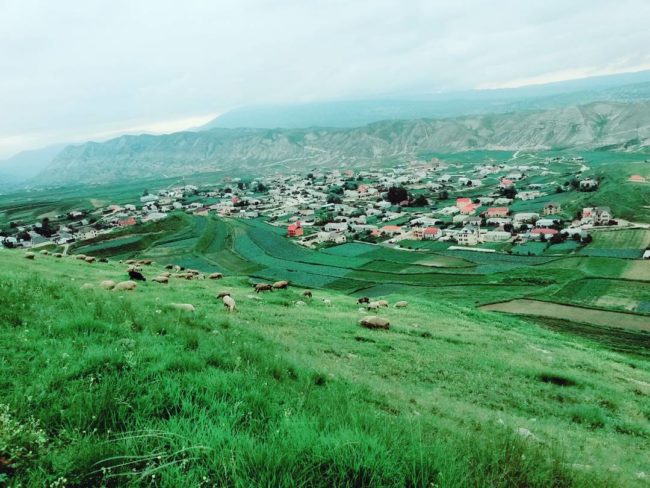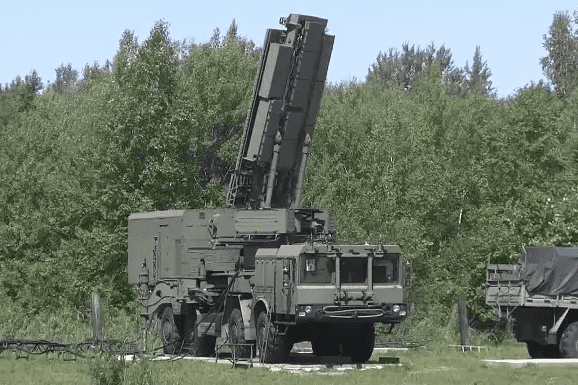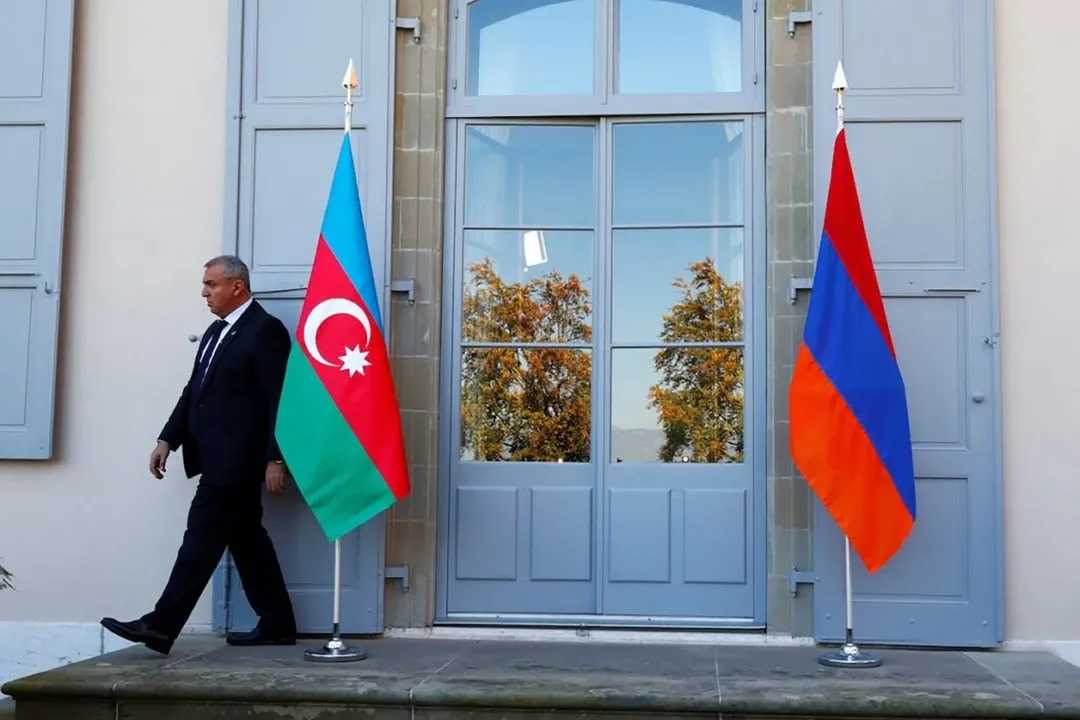

 A dispute over access to drinking water in Daghestan’s Levashi District turned violent on 6 August, when a riot broke out between around a hundred residents of Tsukhta and Chuni. This was the latest escalation in a running conflict between the two villages.
A dispute over access to drinking water in Daghestan’s Levashi District turned violent on 6 August, when a riot broke out between around a hundred residents of Tsukhta and Chuni. This was the latest escalation in a running conflict between the two villages.
One eyewitness told OC Media that the situation began with a verbal dispute, which escalated into rock-throwing, and finally a brawl. Police who arrived at the scene fired into the air to disperse the crowd.
In a video posted on Facebook by user Ismail Magomedsharipov, gunshots can be heard following which men can be seen running away.
No-one was reported injured or detained in the skirmish.
An ongoing dispute
‘About ten years ago, we all enjoyed water from this spring together. But then inhabitants of Tsukhta attached a pipe to the spring and now almost all the water goes to their village, while we are left with a shortage’, a man named Isamagomed, from Chuni, told OC Media.
After repeated disputes over access to the spring, residents from both villages began to lobby for clear boundaries to be defined between the villages to determine which side the spring is on.
However, some residents of Chuni say that Daghestani authorities already did so in 2012, with a law defining municipality boundaries.
‘According to this law, the spring is located on the territory of our village, but the inhabitants of Tsukhta don’t agree with this decision. Because of this, there is no way to solve the conflict’, Isamagomed said.
‘I understand that the issue should be resolved in the legal field, and the case will be examined in court, it just takes time. In addition, I will raise another issue — why, according to the latest decision of the cadastral service, does the village of Chuni occupy exactly the area of land where the spring is located? We received the latest coordinates of the borders of villages from Rosreyestr [the Federal Service for State Registration, Cadastre, and Cartography] and we found mistakes and inaccuracies in them’, the head of Tsukhta, Abdulkhalik Abdulkhalikov, told Daghestani weekly Molodyozh Dagestana.
A similar conflict broke out between residents of the villages in 2015, and Daghestani MPs met with local people, including the village heads, of both villages. However, the conflict remained unresolved.









